
Macbeth: The Main Points for Banquo
Here are the main ideas or points that you could make about Banquo in an essay, including how his character links to themes and other characters. In an essay, you could use these types of ideas as ‘points’ for your PEE paragraphs.

A Super Quick Summary of Macbeth
Here’s a breakdown of what happens in the whole play - in a short, quick form so that you can easily get a sense of the entire story.

How to Analyse a Macbeth Extract
Here's a step-by-step guide to help you break down any extract from Macbeth with confidence.
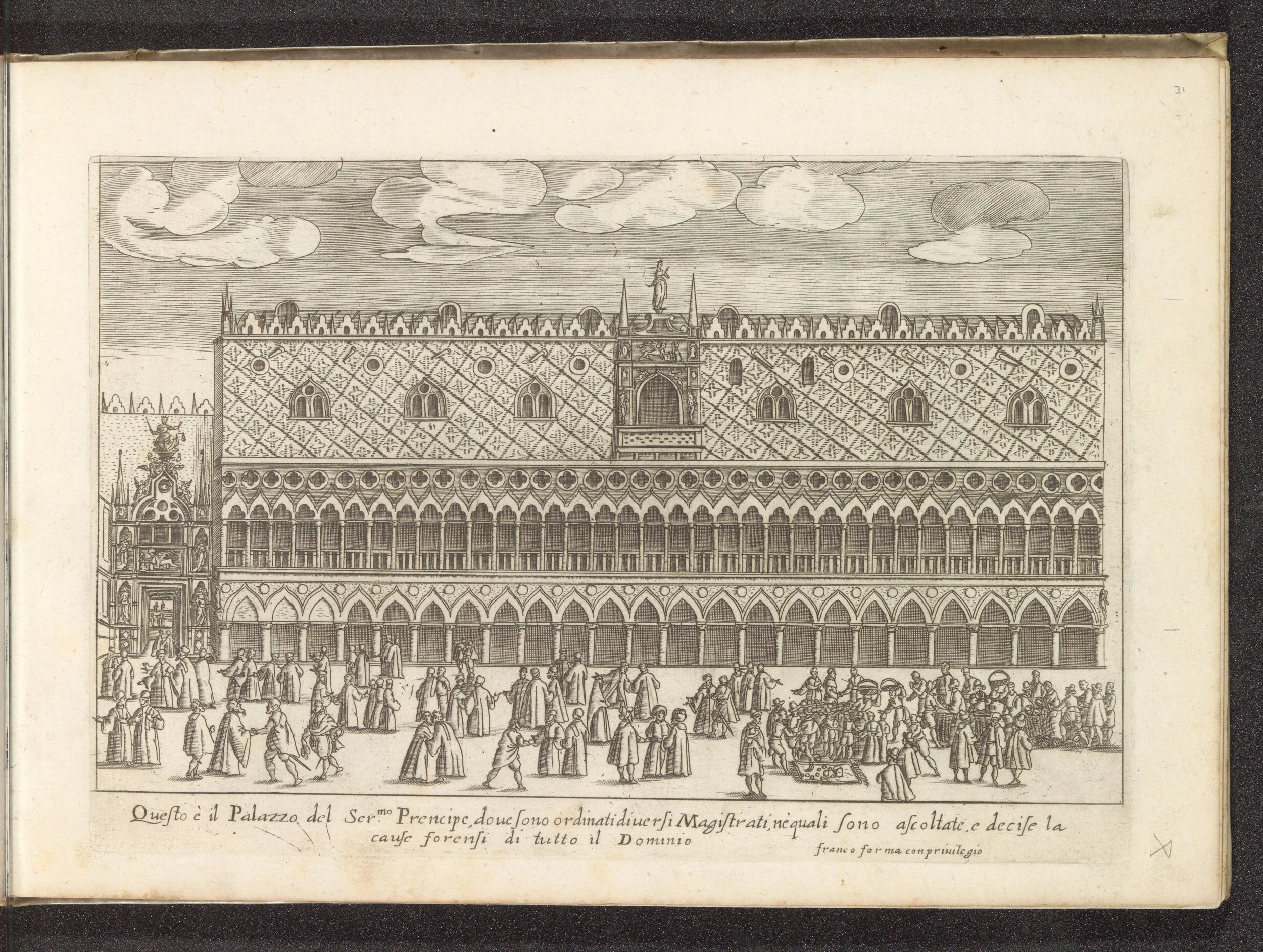
Othello: What Happens in Act 1, Scene 3?
A full summary of the main events in the third scene of Othello - this should help you get to grips with the story! It can be useful to read this kind of summary before taking a look at the text of the scene, because it’ll help you to keep track of what’s happening.
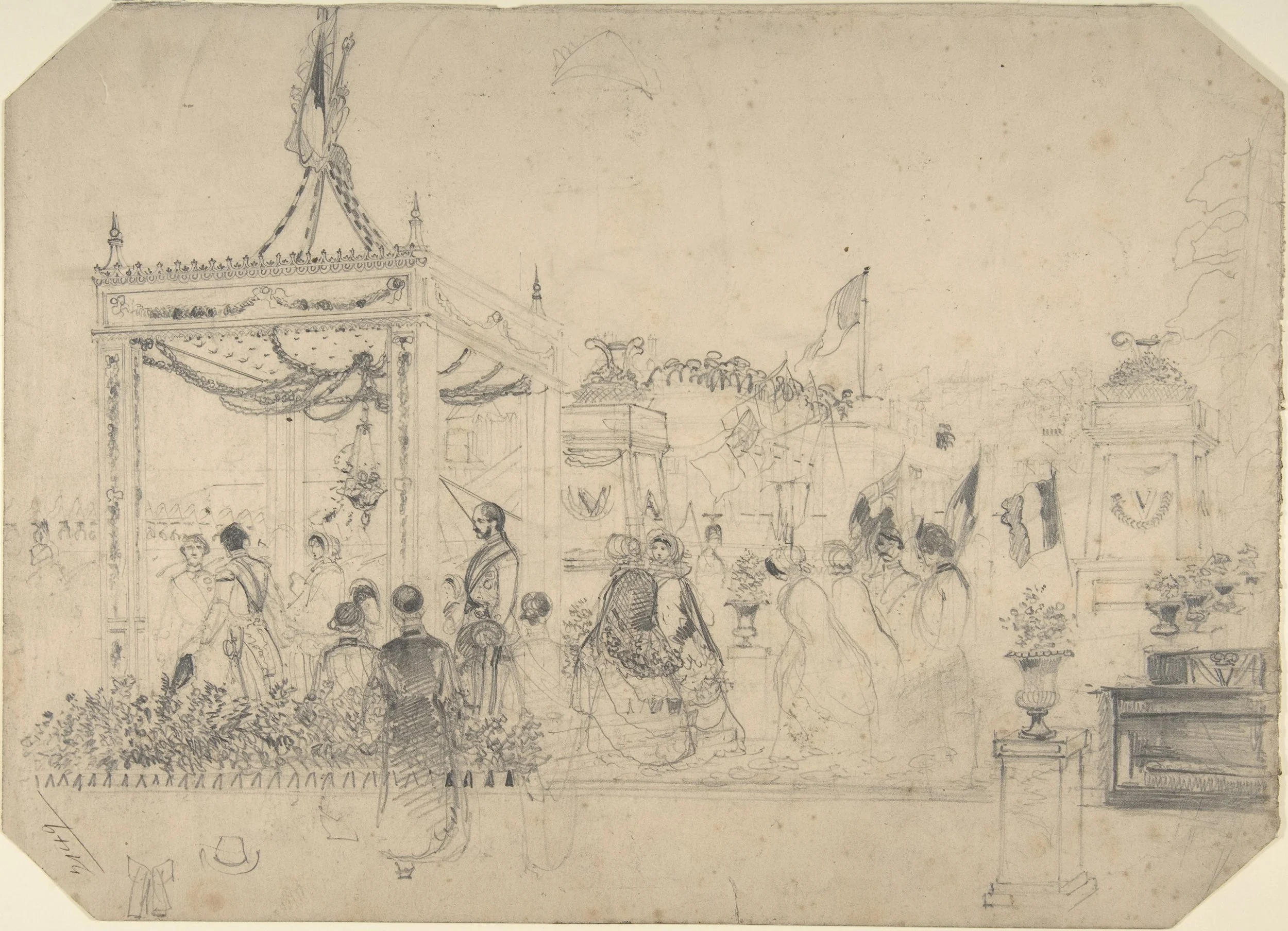
Othello: What Happens in Act 1, Scene 2?
A full summary of the main events in the first scene of Othello - this should help you get to grips with the story! It can be useful to read this kind of summary before taking a look at the text of the scene, because it’ll help you to keep track of what’s happening.
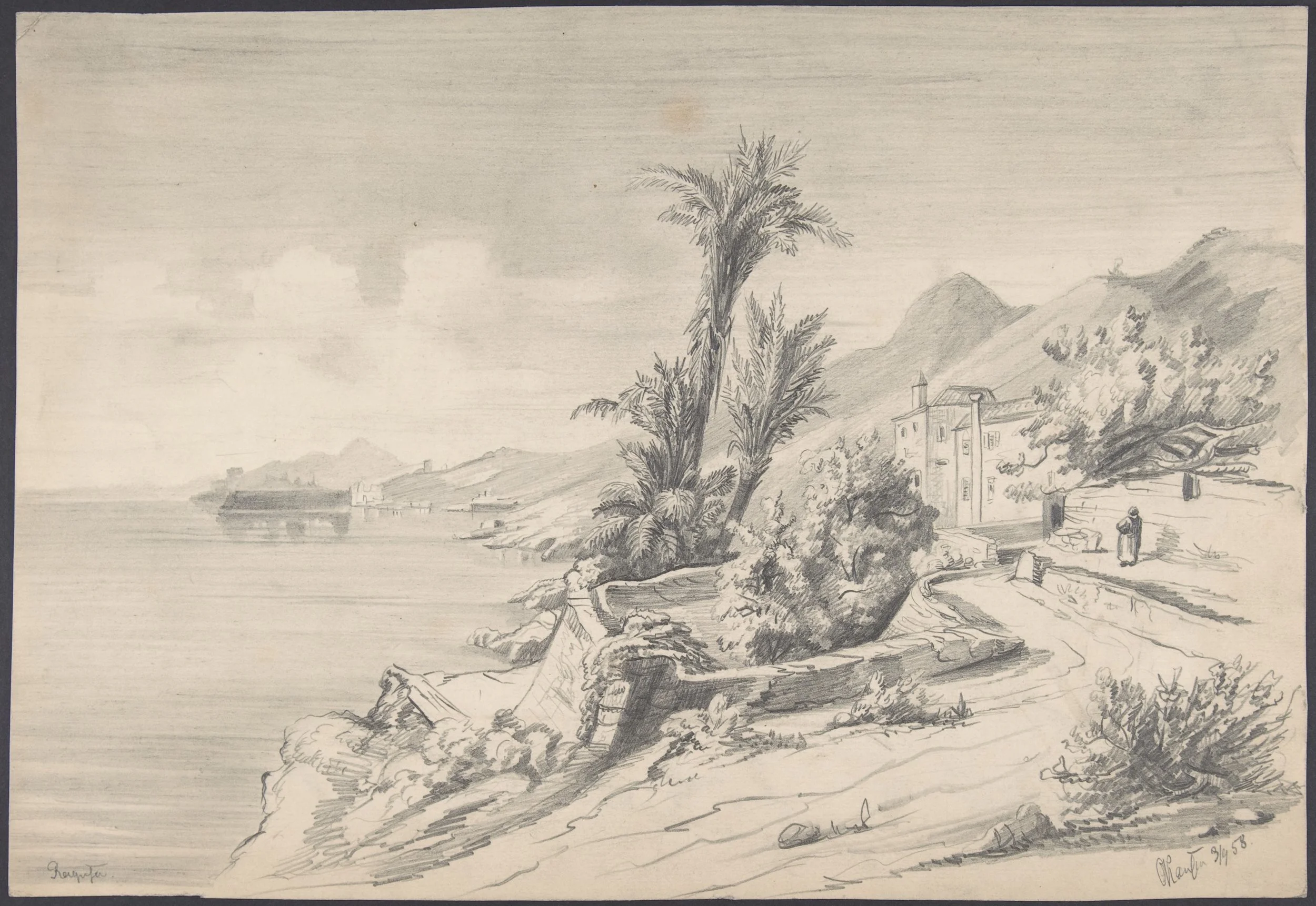
Othello: What Happens in Act 1, Scene 1?
A full summary of the main events in the first scene of Othello - this should help you get to grips with the story! It can be useful to read this kind of summary before taking a look at the text of the scene, because it’ll help you to keep track of what’s happening.

Exposure by Wilfred Owen - Full Poem + Explanation
Wilfred Owen’s ‘Exposure’ is such a true and devastating poem about the numbing reality of war. Here’s the poem itself, plus a brief explanation of the meaning of each line and stanza.
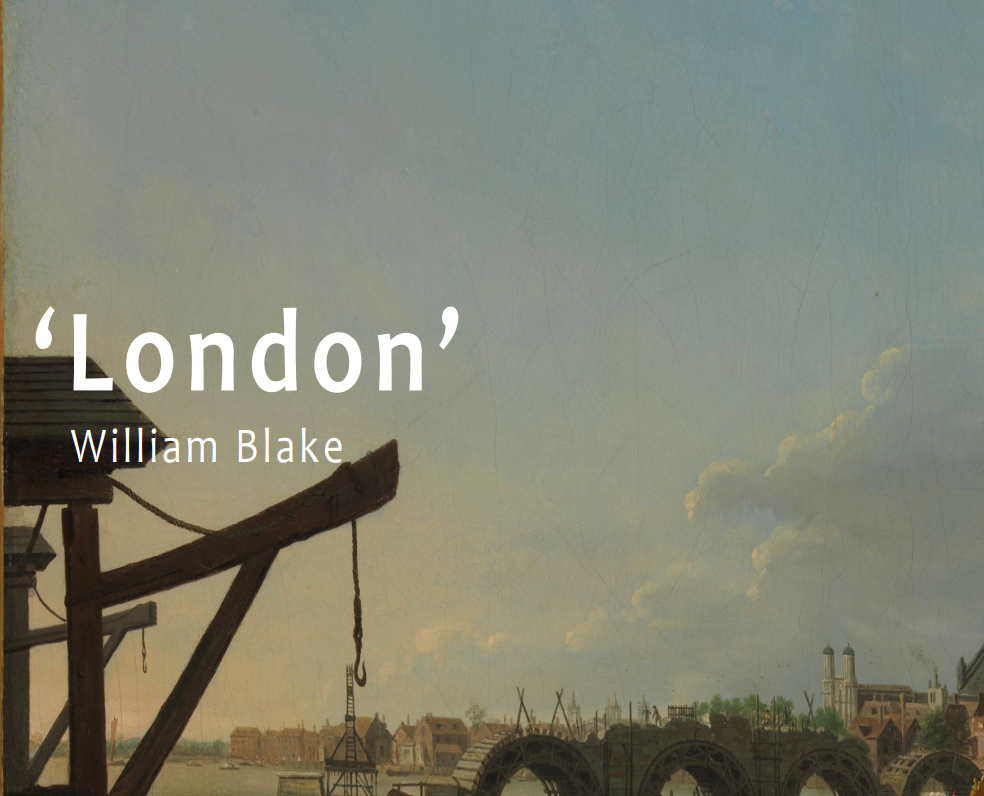
London by William Blake - Full Poem + Explanation
Read Blake’s political poem about the hypocrisy of London, which appears to be one of the most civlised and advanced cities in the world yet it allows many of its people to live in dire poverty.

Who is the Speaker in ‘Kamikaze’ + Structural Analysis of the Poem
Beatrice Garland’s ‘Kamikaze’ can be a bit confusing a first - and one of the common questions I get asked as a tutor is ‘who is the actual speaker?’. It’s not an easy question. There are a lot of different voices in the poem, so it’s important to get it right if you’re analysing it for an essay.

La Belle Dame Sans Merci - Read the Full Poem
Read Keat’s tragic poem about a trickster faery lady who lures a poor knight into her life by pretending to be a damsel in distress.

My Last Duchess by Robert Browning - Read The Full Poem
Here’s Browning’s dark and powerful dramatic monologue about a psychopathic Duke who wants to send a message of dominance and control to his new wife’s family, by alluding to the fact that he murdered his previous wife because he couldn’t control her.

iGCSE Questions for ‘Blessing’
A list of practice questions for the poem ‘Blessing’, tailored towards Edexcel iGCSE Literature exams.

Macbeth: The Theme of Supernatural
Themes and ideas form the foundation of most exam questions - even when a question seems character-based, there will almost always be a theme attached to it.

Macbeth: The Theme of Betrayal
Themes and ideas form the foundation of most exam questions - even when a question seems character-based, there will almost always be a theme attached to it.

Macbeth - How to Analyse ‘Form’
Drama is a living, breathing form of writing. It’s meant to be performed, not read in silence like a book. If you’re aiming for top grades, you must treat drama and plays as if they are supposed to be acted out, in front of an audience – consider the way in which an actor might interpret a character or the way in which the stage directions enhance the drama of the play. Literature essays always require you to use form, structure and language analysis – not just language. When you analyse a play as if it is being performed, you are engaging with its form.

Is Othello a Jacobean Revenge Tragedy?
Shakespeare’s Othello is one of the most powerful tragedies in the English literary canon. But what kind of tragedy is it? Students often encounter categories like Jacobean revenge tragedy, classical tragedy, or domestic tragedy, and Othello intriguingly draws from all three. So, is Othello a Jacobean revenge tragedy — or something more complex?

Othello: Tragic Conventions
If you’re revising Tragedy in Othello, this page is for you! It’s a quick-fire look at some of the most important tragic elements and conventions that relate to the play - including plot, character and theme.
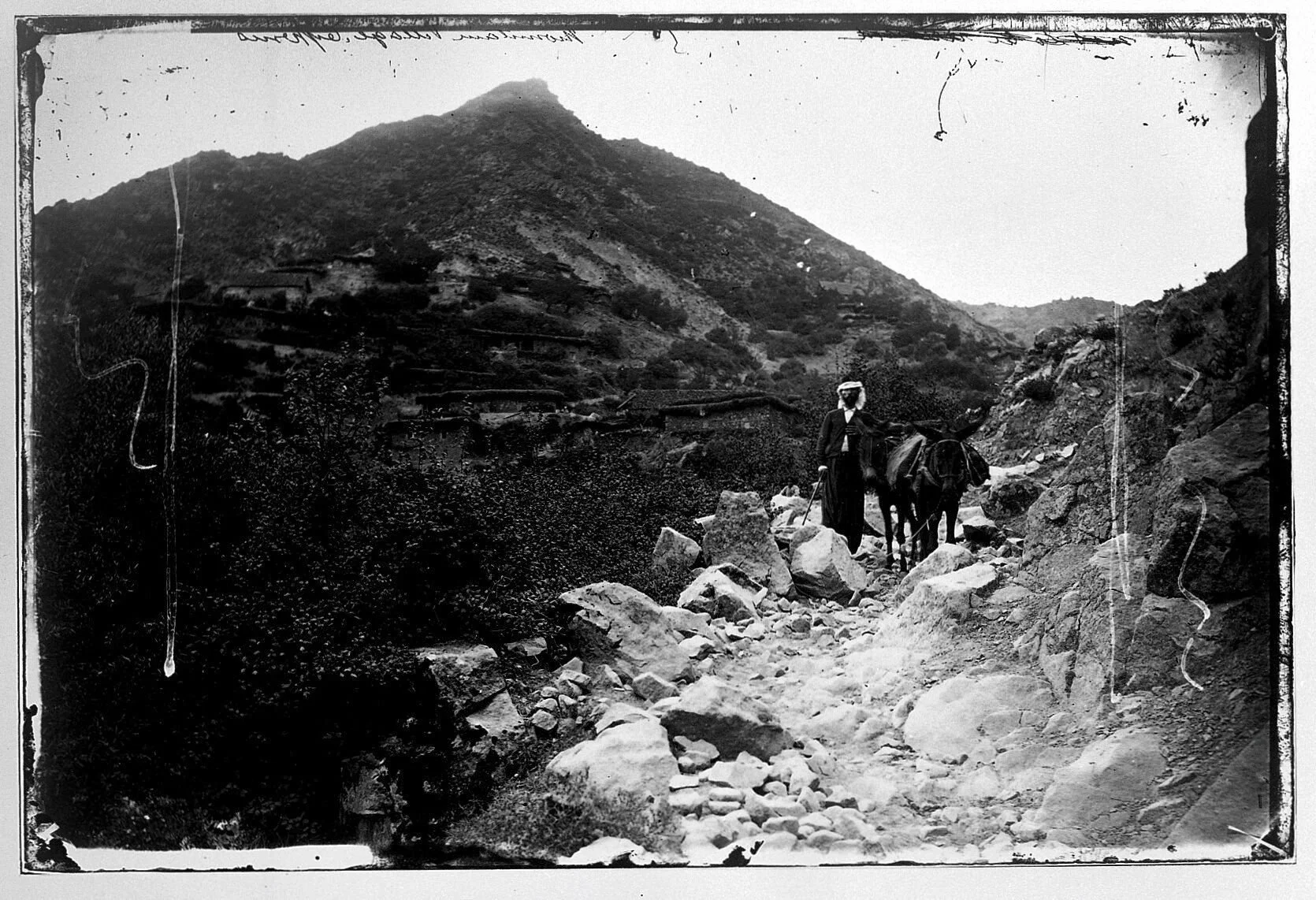
Tragic Terminology for Othello
Understanding Othello’s genre is so important for being able analyse the text in detail - as well as looking at this list below, make sure you understand the way ‘Tragedy’ was perceived in the Jacobean era, including what audiences expected to see if they went to watch a tragedy being performed, and also what common themes and concerns tragedies were allowed to explore.

Power and Conflict Questions for The Emigrée
Here are some practice questions for Rumens’ political poem The Emigrée, tailored towards AQA GCSE Literature exams.

Power and Conflict Questions for Exposure
Here are some practice questions for Wilfred Owen’s start and harrowing poem Exposure, tailored towards AQA GCSE Literature exams.
